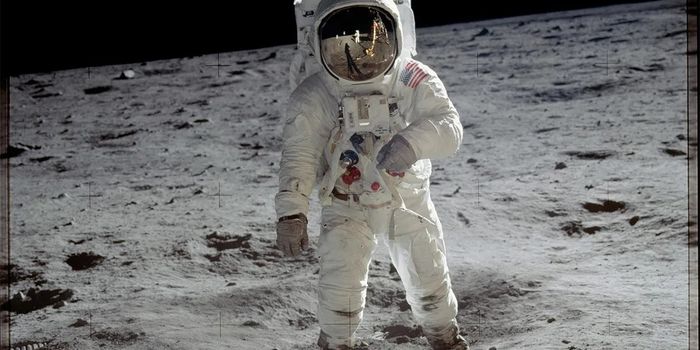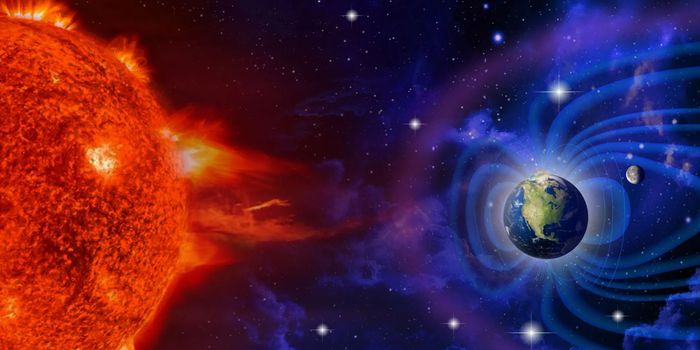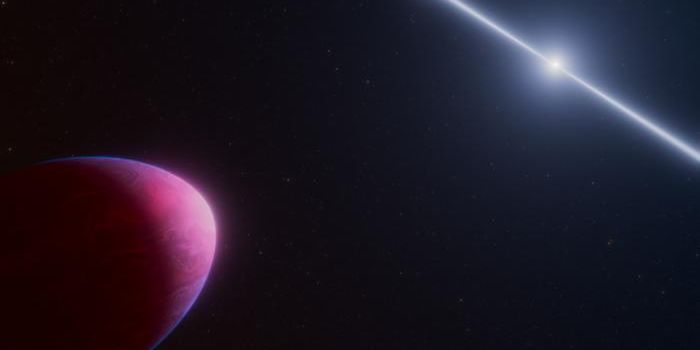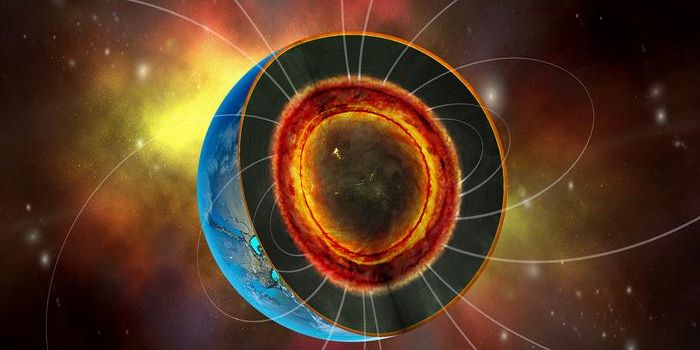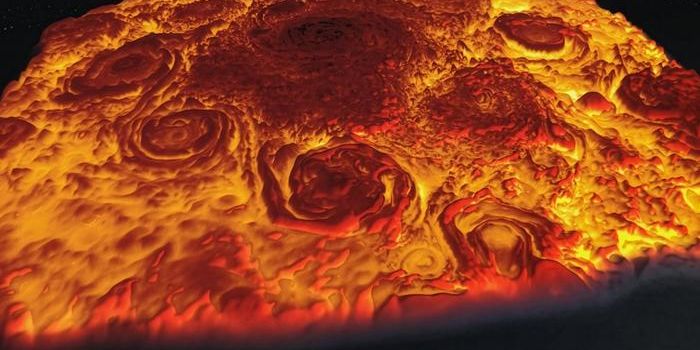NASA Extends the Scientific Operations of Hubble for Another 5 Years
NASA just can’t seem to let the old and reliable Hubble Space Telescope go.

Image Credit: NASA
The United States-based space agency recently announced that it would continue scientific Hubble Space Telescope operations for another five years, through to June 30, 2021. The extension of the contract is expected to cost the space agency about $196.3 million, which raises the total cost of the Hubble contract to $2.03 billion.
This announcement is good news for astronomy-lovers because now there will still be a way to observe the unknowns of outer space overlapping the launch of Hubble’s successor, the James Webb Space Telescope, in 2018.
Hubble is old; it was launched in 1996 and has thus far provided the world with some of the best images of distance spatial bodies that it wouldn’t be possible to observe from Earth’s surface because of our atmosphere.
On the other hand, it has also been one of the most reliable forms of seeing the great beyond.
NASA notes that Hubble was last serviced in 2009 by a space shuttle program mission, and since that servicing, Hubble has been working impressively without any problems. This plays a big role in NASA’s decision.
Unfortunately, because there are no more space shuttle missions, Hubble will degrade over time and nothing is going to be done to service it.
Attention will, instead, be focused on the James Webb Space Telescope when it goes into space. NASA calls it the “premier observatory of the next decade.”
The heart of the upgraded telescope was finished last year and put through cryogenic testing to ensure it could handle the rough environment in space. Afterwards, engineers finished piecing together the space telescope’s primary mirror, which dwarfs Hubble’s, measuring at 21.3 feet across.
The larger telescope, when finally in service, will be able to see more clearly, and more distant, than the current Hubble Space Telescope.
Source: NASA


